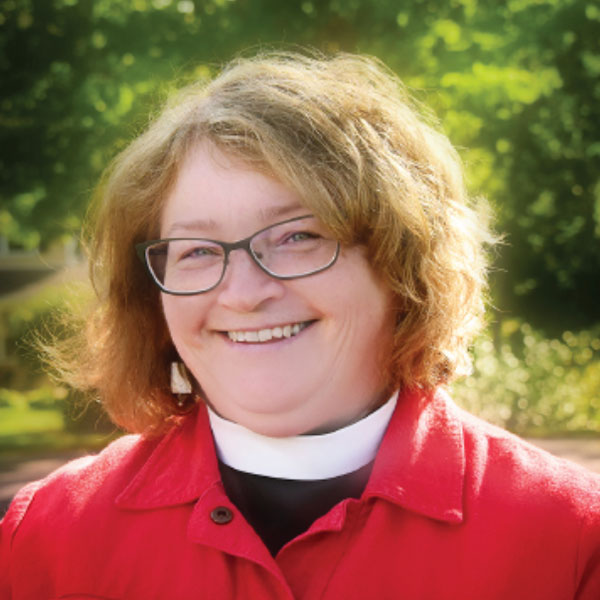Many years ago, I discovered a prayer in A New Zealand Prayer Book that is now part of our service of Night Prayer in the Anglican Church of Canada. There are words from that prayer that have stayed with me over the years, in particular:
“It is night after a long day.
What has been done has been done;
what has not been done has not been done;
let it be.”
Those words have been a source of consolation more than once, a reminder of the need to stop and rest after a long day; that the unfinished work would be there in the morning; that it was okay to “let it be.”
However, these days there are other words near the end of that prayer that resonate even more deeply, words that seem especially helpful as we stand on the threshold of a new calendar year:
“The night heralds the dawn.
Let us look expectantly to a new day,
new joys,
new possibilities.”
As we wait with bated breath to see what this year will have in store for us, we do so with the expectation and hope of something new. While we don’t know how much longer it will be before we move through this pandemic, or where will we be at the end of it all, we do know that it has changed all of us — our families, our communities, our congregations, and our world.
“As we wait with bated breath to see what this year will have in store for us, we do so with the expectation and hope of something new.
We’ve already caught a glimpse of both the challenges and possibilities that lie before us. We’ve witnessed the devastating consequences of the climate crisis and the dangers that face us when we refuse to pay attention and change course — wildfires in British Columbia, and flooding on the east and west coasts were just a few of the wake-up calls we’ve received in the past year. It’s clear that we will have to live differently in this new year and beyond if we want to avert a climate disaster.
Thankfully, we know that each one of us can commit to actions that will sustain and renew the life of the earth. If you need a reminder that this is possible, think about the slowdown in the early days of the pandemic and the restorative effects that had on creation the world over. What is one thing you will do – or choose not to do – that will contribute to that restoration?
In the recovery of the remains of thousands of children on the grounds of residential institutions across the country we’ve come face to face with some of the disturbing findings of the National Commission on Truth and Reconciliation. We’ve also found ways to harness our compassion, empathy and outright anger and have turned those feelings into tangible actions to address systemic racism. While there is still work to be done, we are learning how to walk the path of reconciliation and healing. What is one concrete thing you will do this year to live in Peace and Friendship with our indigenous relatives?
Our communities have also felt the impacts of this pandemic. The cracks in the foundation of our social structures are now impossible to ignore. The need for more affordable housing, safer and more compassionate care for the elderly, better access to mental health services for all ages (as well as physicians and medical procedures), improved internet access for those in remote rural communities, the need for human connection… the list goes on. As people of faith, we’ve joined our voices with those who are not being heard and are learning how to be better advocates. What is one thing you will do to contribute to the flourishing of your community and the wellbeing of your neighbours?
Over the course of this pandemic you, our clergy and people, have demonstrated a spirit of resiliency and hope in the face of tremendous challenges and changes. The “long day” that is Covid-19 has stretched out for almost two years now and we might, understandably, be weary. We long for rest, and rest is necessary if we are to pick up the unfinished work that tomorrow will bring. If, at times, you are feeling overwhelmed by what is left to be done, the Talmud offers this reminder:
“Do not be daunted by the enormity of the world’s grief. Do justly now, love mercy now, walk humbly now. You are not obligated to complete the work, but neither are you free to abandon it.”
May we care for ourselves during this time, trusting in God’s grace to nourish and sustain us as we enter a new year and a new season. May we “look expectantly to a new day, new joys, new possibilities,” knowing that the light of Christ will guide our way.
Lord,
it is night.
The night is for stillness.
Let us be still in the presence of God.
It is night after a long day.
What has been done has been done;
what has not been done has not been done;
let it be.
The night is dark.
Let our fears of the darkness of the world and or our
own lives
rest in you.
The night is quiet.
Let the quietness of your peace enfold us,
all dear to us,
and all who have no peace.
The night heralds the dawn.
Let us look expectantly to a new day,
new joys,
new possibilities.
In your name we pray.
Amen.
(A New Zealand Prayer Book, Night Prayer, p. 184)



